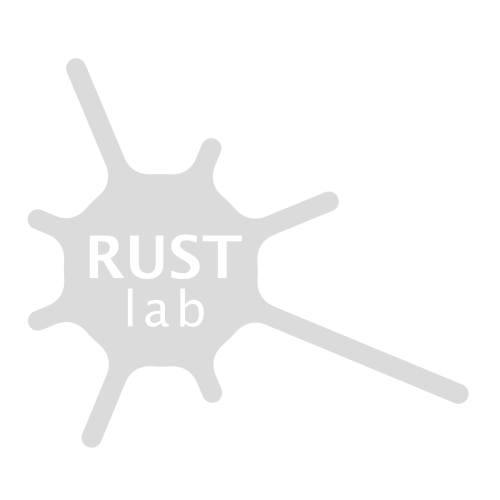Comment by Leman Çelik
This term’s RUSTlab lecture theme, “Infrastructuring Indeterminacies,” involves acknowledging and intentionally designing or shaping infrastructures to be adaptable, flexible, and capable of handling uncertainties, disruptions, and unexpected situations. Instead of seeking complete control or predictability, infrastructure indeterminacies recognize the value and potential of embracing and working with complex systems and environments’ inherent unpredictability and emergent qualities. Julie S. Mewes and Frauke Rohden deal with one of these environments, academia, and focus on the issue of academic timing devices, which is very much present in our lives and the daily practices of each of us.
Focusing on post-pandemic working conditions, Mewes and Rohden question the time regime at work life, especially in academia. Since the COVID-19 pandemic, new socio-material and technological needs have occurred in work-life and have created a “new normal” based on working remotely. As academia’s trust-based work system differentiates by strictly typed working hours like any other sector, it has its regulations in terms of working hours. They questioned academic working time from an STS perspective based on the lack of in-depth knowledge about our working and research hours in academia.
Regarding academic workload and time pressure, they brought in terms of “acceleration” (Vostal, 2014) and “projectification of research” (Ylijoki, 2016; Virtová and Vostal, 2021). Vostal (2014) discusses the need for a categorical framework for analyzing the causes, manifestations, and consequences of modern acceleration processes and highlights the emerging social inequality in the realm of new electronic/communication technologies. By “projectification of research,” Ylijoki (2016) argues that the project format is not just a technical tool but also challenges and reshapes research practices and ideals with the specific temporality of project time. Virtova and Vostal (2021) also examine and discuss observations on projectification from organizational and management studies and contextualize them with recent insights from the discourse around social acceleration. Mewes and Rohden contribute by focusing on daily academic working time with academic devices. To do so, they use these notions: “Time devices” and “time traces.” Time devices refer to digital and non-digital tools and infrastructures, including measuring, tracking, and synchronizing working time. It also includes tracing systems like handwritten to-do lists, institutional working time recordings like management systems from Outlook, Zoom, and remote access to buildings or supplies. The second notion of time traces means checking digital data on work devices based on working hours. They use mixed-methods, combining on-site ethnography and digital methods, which include individual work devices, time-keeping apps, project management tools including time sets on emails, and digital trace data in the locks and at the entrance of buildings. As it relates to personal and sensitive data in the manner of privacy, they also mention their data collection process in terms of anonymization.
Based on the theoretical and methodological foundation, Mewes and Rohden pose an intriguing question in the context of academia: How can we adjust working hours and timing mechanisms within educational institutions, and how do these mechanisms vary among different disciplines and institutions? They also explore how the organization of working time has been influenced by pandemics, particularly in a post-pandemic academic setting. Furthermore, they examine how individuals and institutions adjust time by using timing devices. Their objective is to contribute empirical data to the ongoing discourse on alternative visions of future work, specifically investigating the impact of technological and material factors on work-life dynamics within academia.
They draw our attention to think about our practices in academia by focusing on working time infrastructures in academia, which is very inspiring and fitting with our attempt to focus on this terms’ theme of infrastructural indeterminacies.
References
Virtová, T., & Vostal, F. (2021). Project work strategies in fusion research. Time & Society, 30(3), 355–378. https://doi.org/10.1177/0961463X21990136
Vostal, F. (2014). Towards a social theory of acceleration: time, modernity, critique.European Journal Of Social Sciences 52(2): 235–249. https://journals.openedition.org/ress/2893
Ylijoki, O-H. (2016). Projectification and conflicting temporalities in academic knowledge production. Theory of Science/Teorie vedy 38(1): 7–26.
